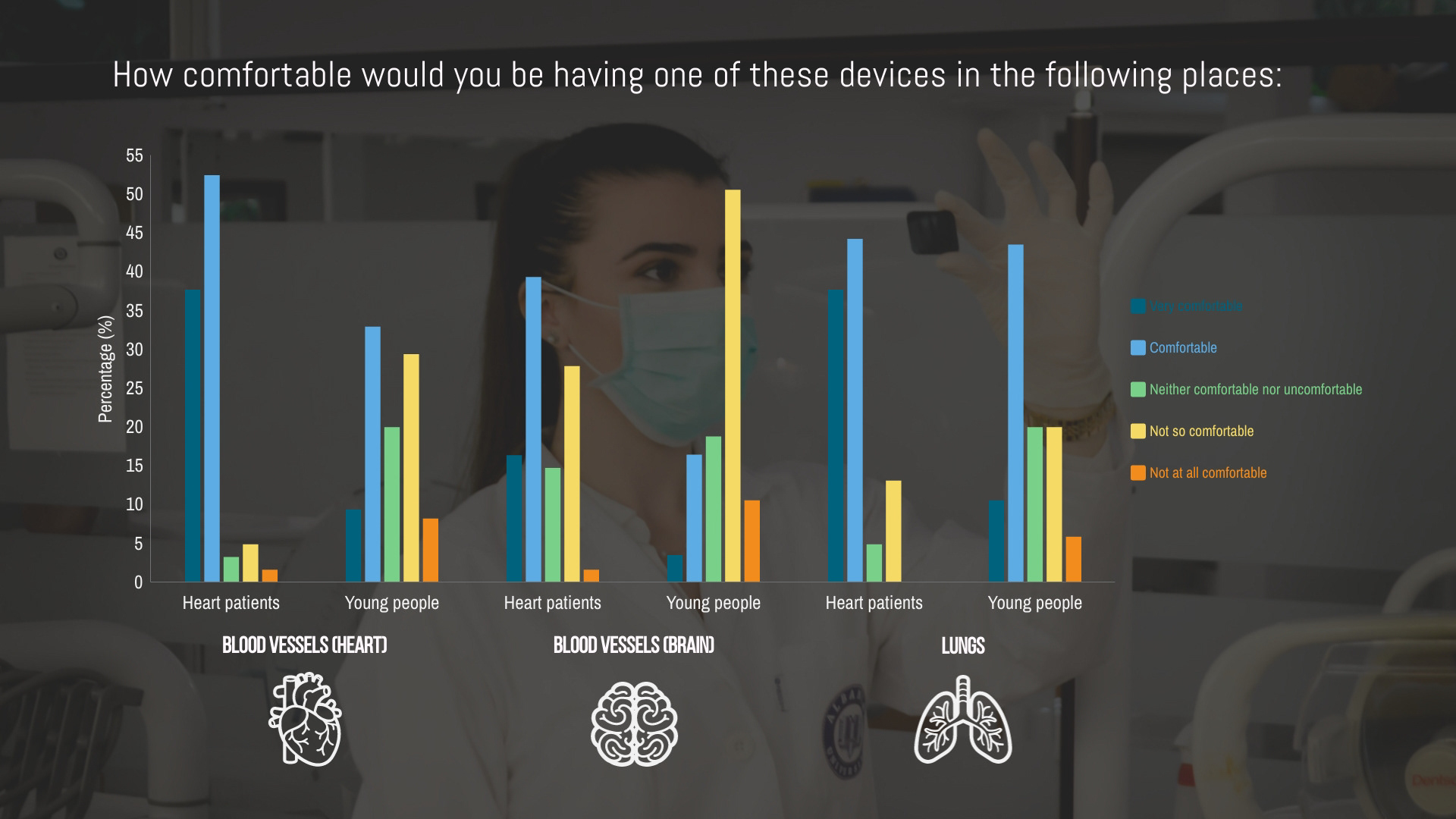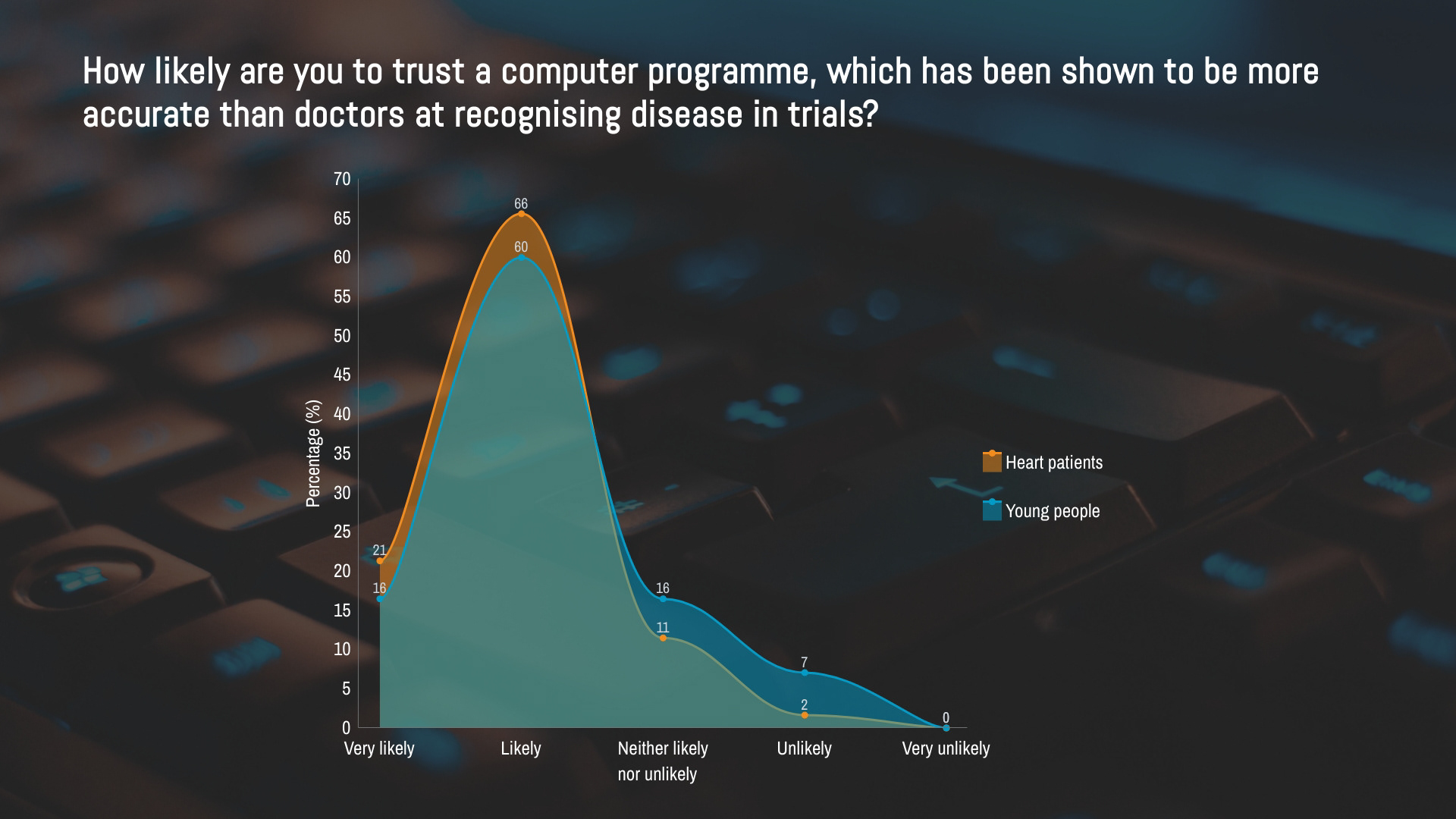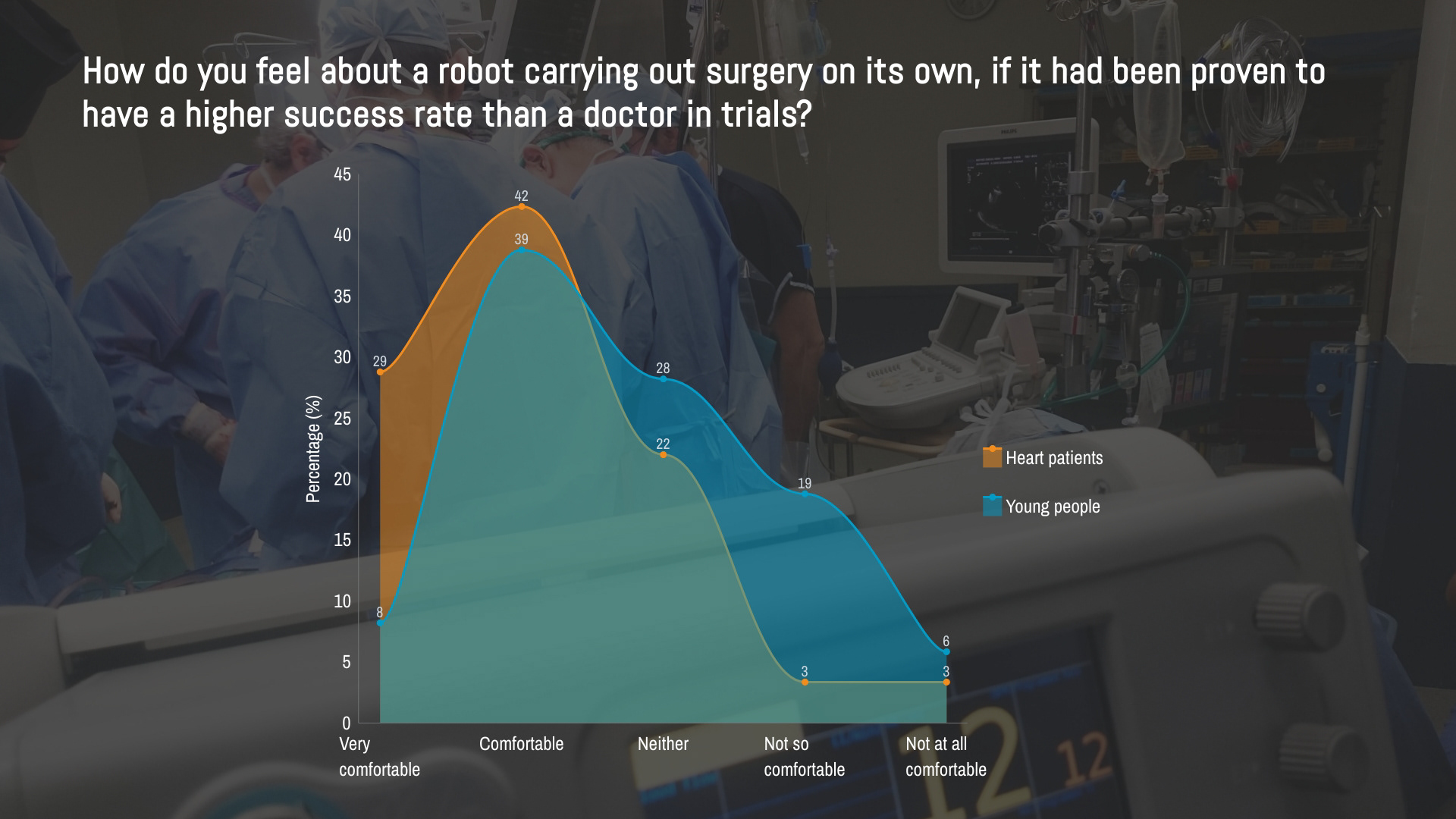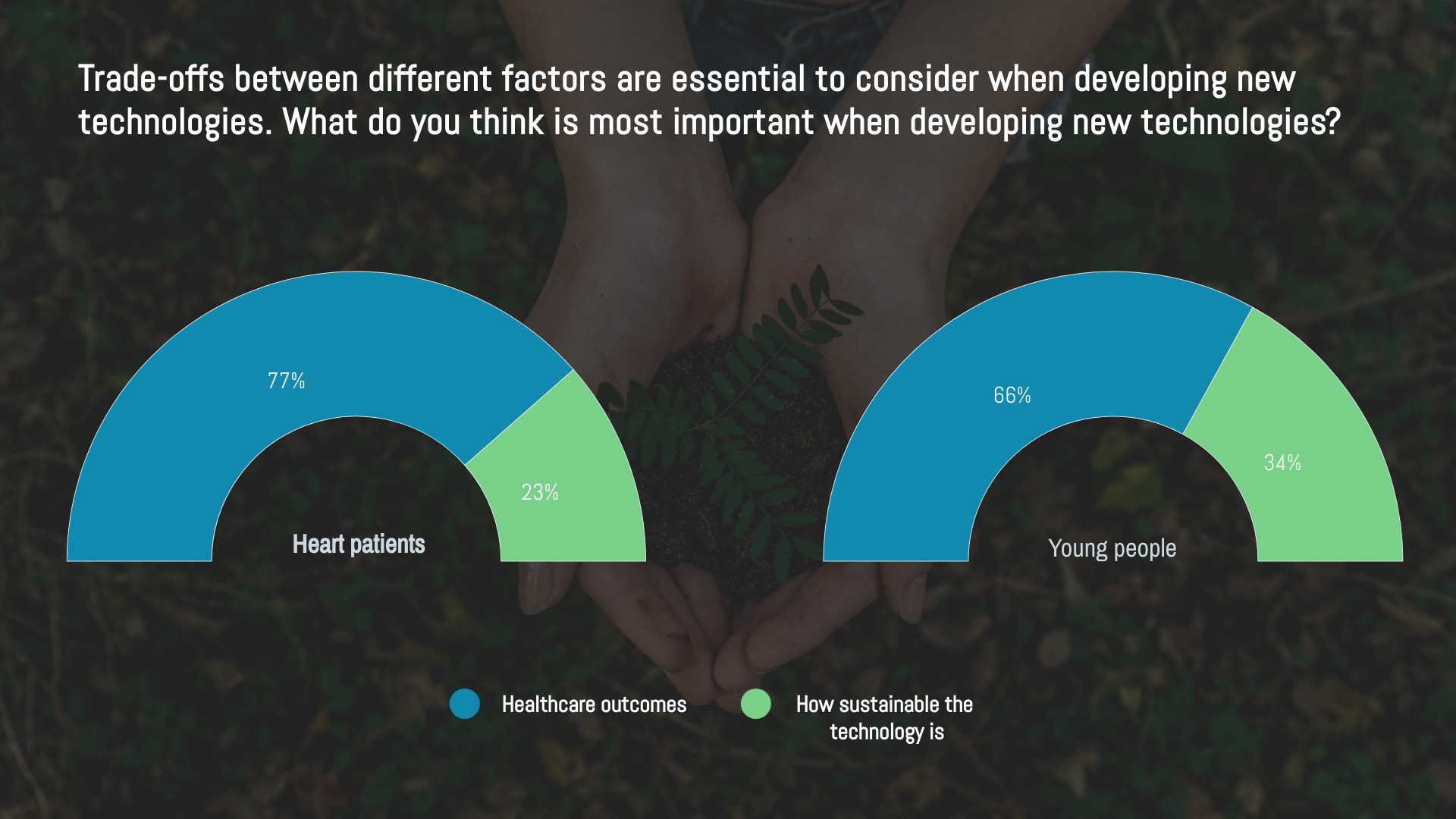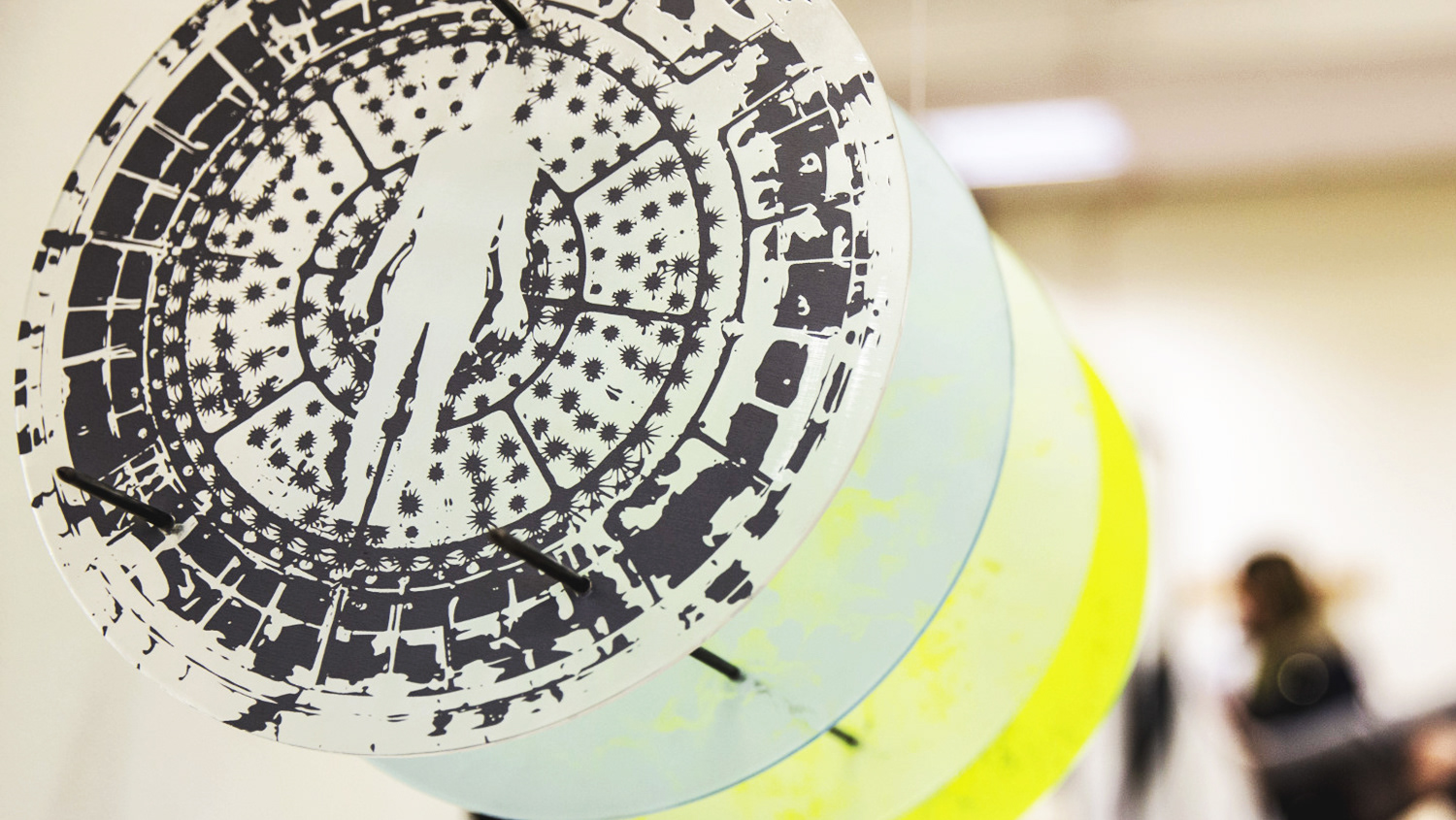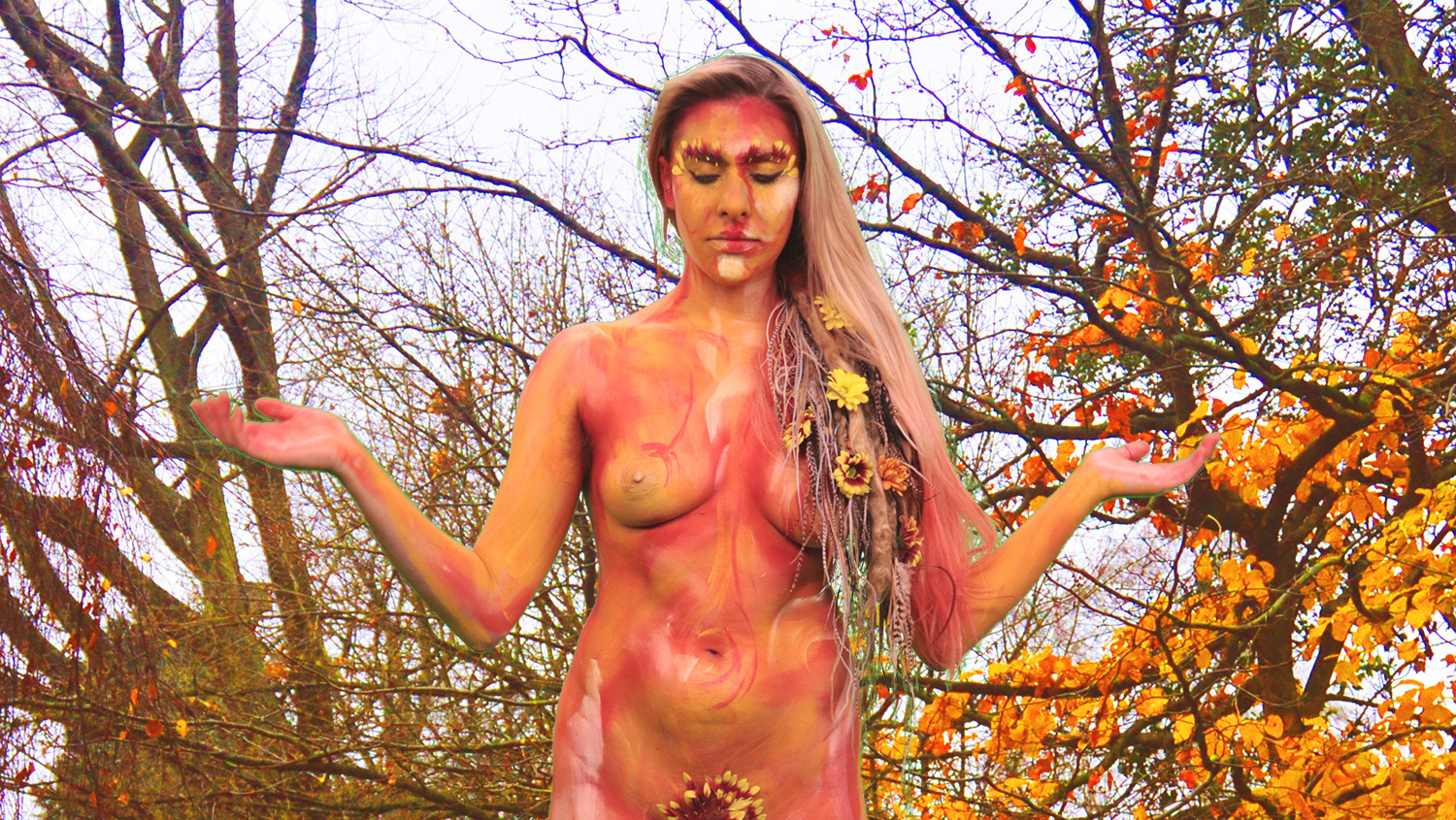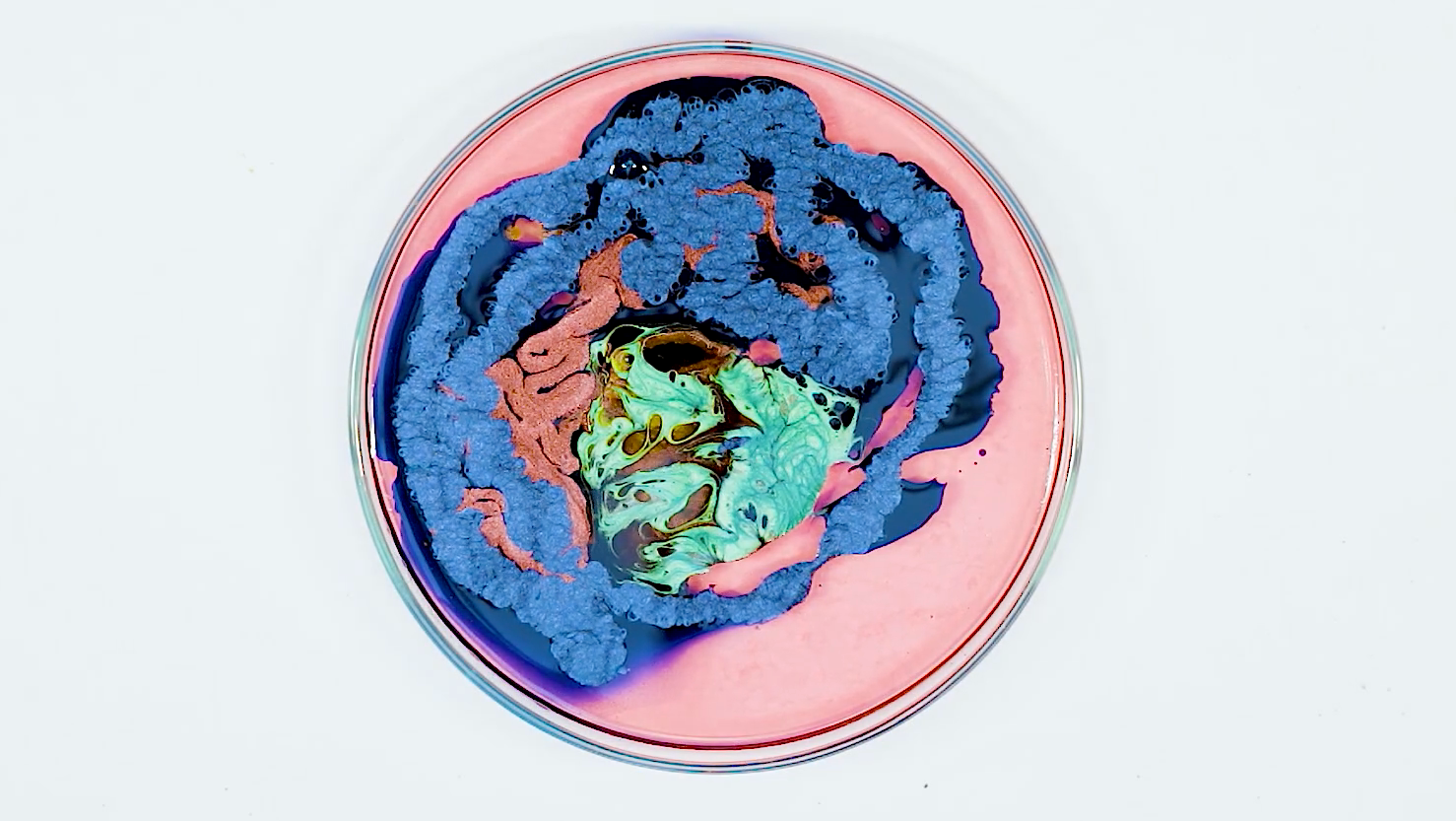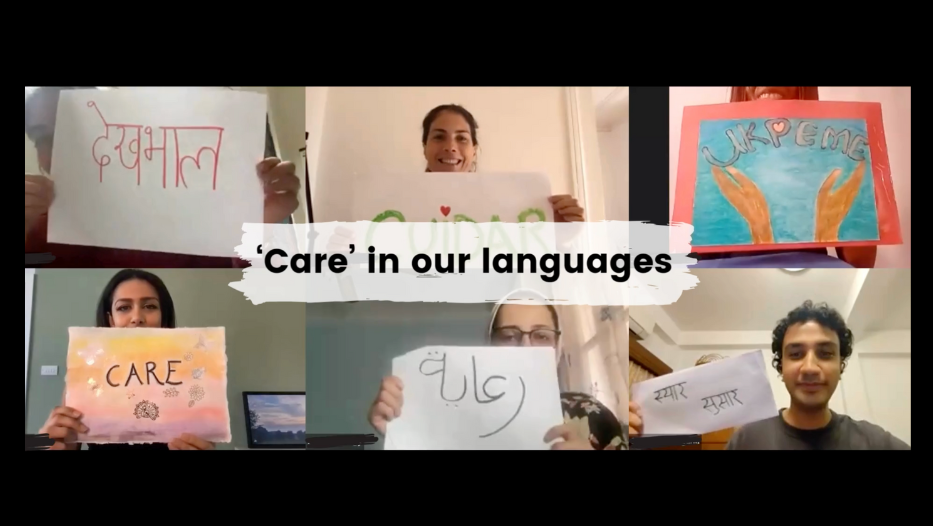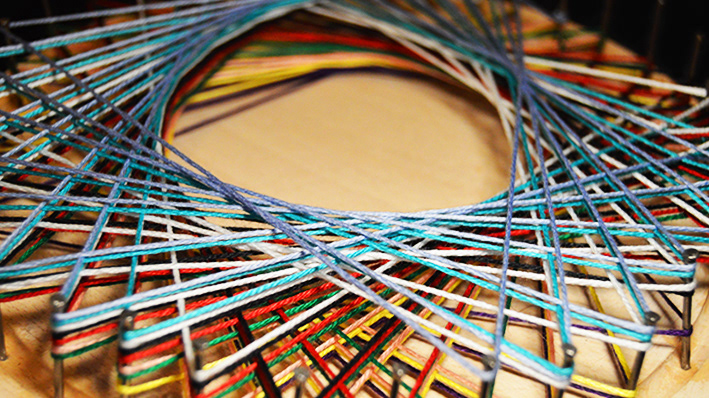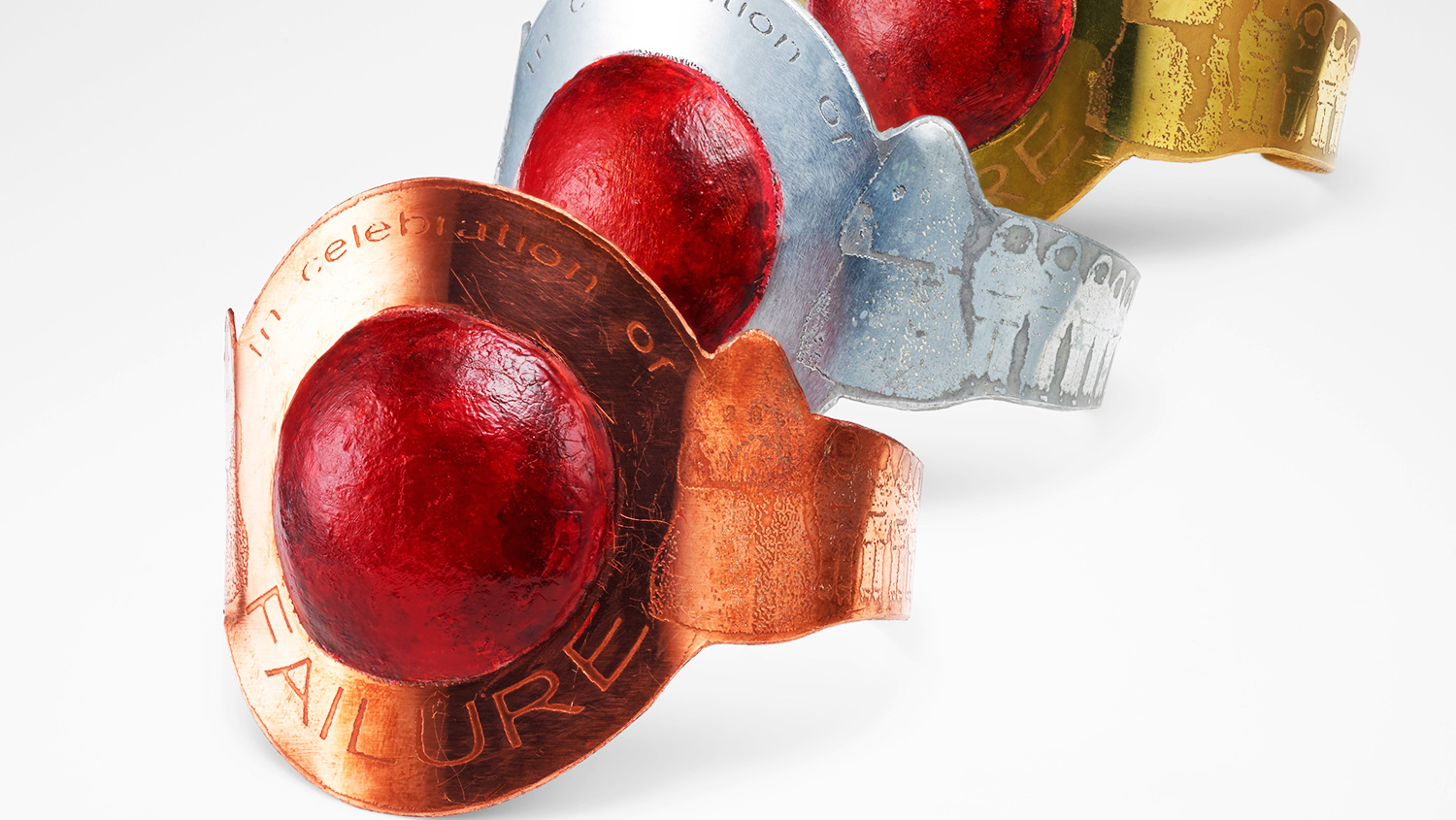Walkthrough of the SURGE online exhibition
OpUs: Illuminating Disease (OpUS) is an ongoing collaboration between Priya Odedra and Dr Richard Colchester, a researcher at University College London (UCL). The project was commissioned by Wellcome Trust, Engineering and Physical Sciences Research Council (EPSRC) and the University of the Arts London (UAL) for the SURGE online exhibition (July 2021).
OpUS was inspired by Dr Colchester's research at UCL for Wellcome / EPSRC Centre for Interventional and Surgical Sciences (WEISS), where scientists are developing new medical technologies to help clinicians with the treatment of diseases including miniature imaging devices to guide surgery, AI for diagnosis and robotics to assist surgeons. With access to physical activities limited during lockdown amidst the COVID-19 pandemic, the project instead focussed on modes of interaction in virtual spaces. Guided by the creative process and play, the two strands of OpUS, the virtual experience and the creative exchange, connected prospective patients with clinicians and researchers to build a deeper understanding between those who are likely to be most affected by the technologies.
Clip of the OpUS virtual experience
OpUS virtual experience
Dr Colchester’s Research Group is developing small imaging probes that will be tested and applied in various surgical areas, with a particular focus on heart procedures. The probes use light and sound to navigate blood vessels in the heart and find abnormalities and obstructions or ‘plaque’, which narrow the blood vessels and lead to health problems like heart disease. Once located by the probe, clinicians can remove the plaque or use a ‘stent’ (a tiny wire mesh tube, which is expanded like a balloon) to open up the blood vessel and increase blood flow.
This virtual, immersive experience enables you to explore how technologies like the imaging probe work inside the body. Enter an unknown space. As you move around, what do you see and hear?
The OpUS virtual experience was brought to life by Karoline Winzer.



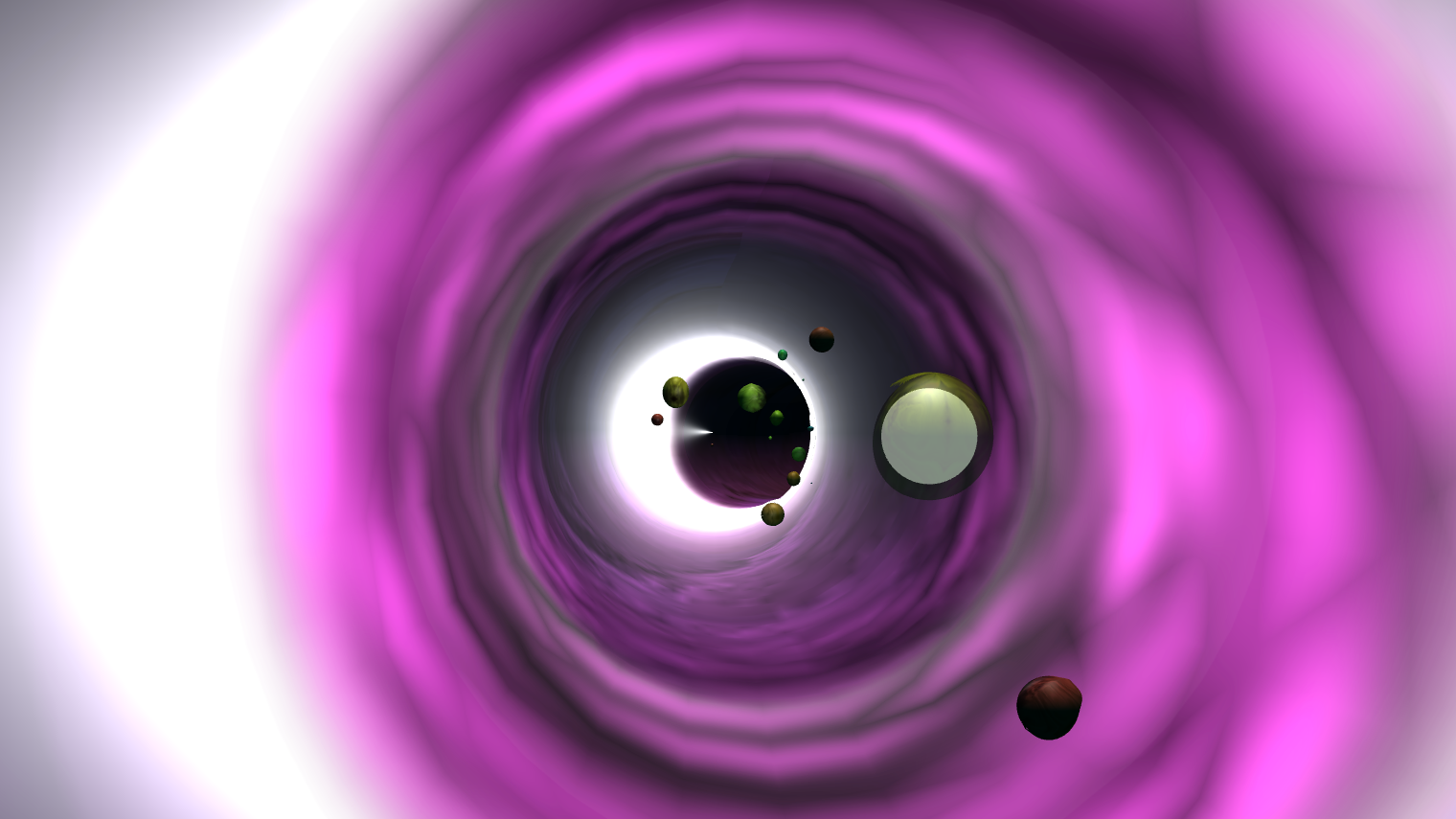
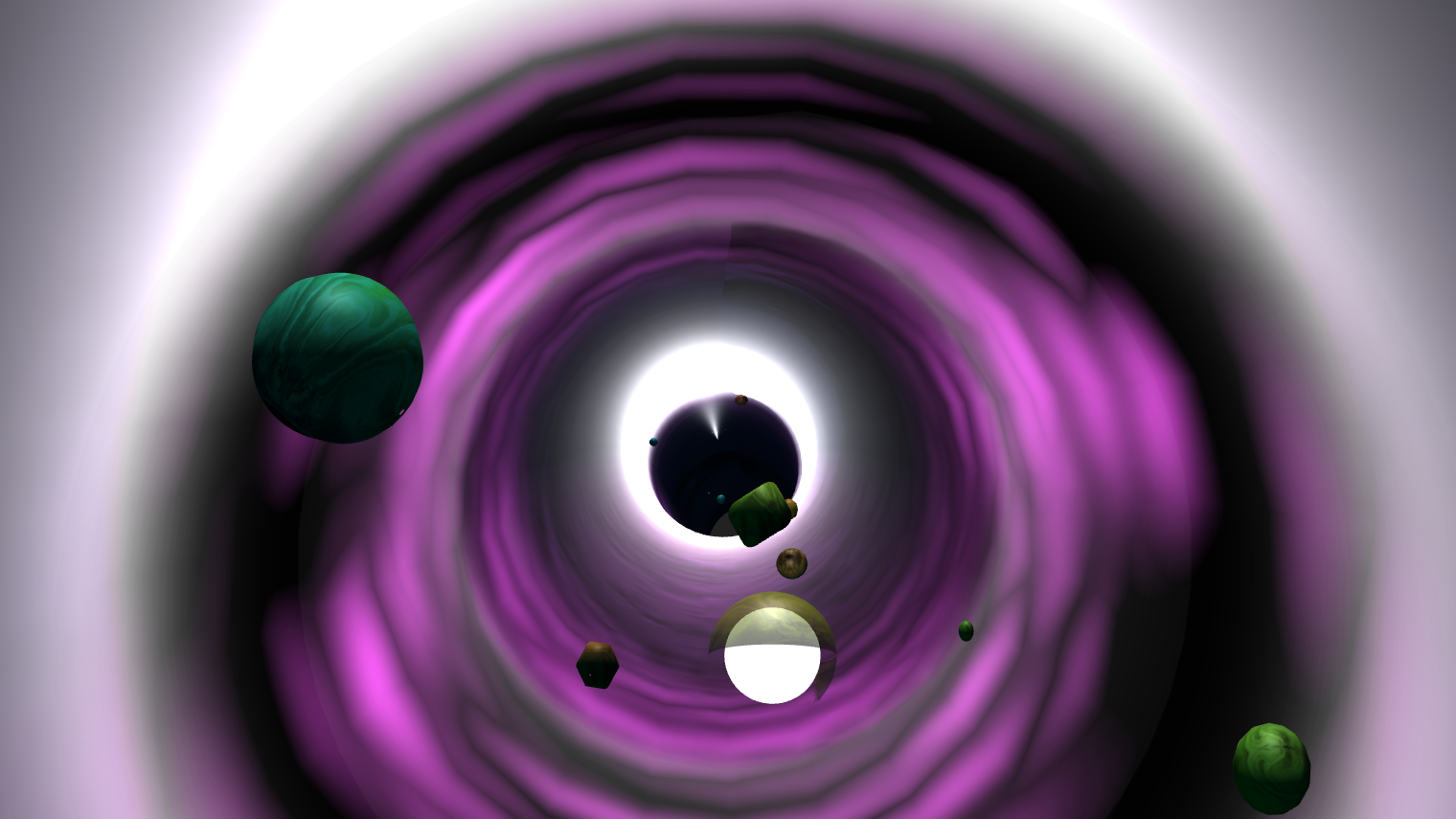

Clip from Dr Stephen Thompson's bitesize video responding to 'what is image-guided surgery?'
OpUS creative exchange
WEISS scientists devised questions they would like to ask prospective patients about the new technologies they are working on. Heart patients (individuals with heart disease or at risk of it) and their families, who will be most affected by the technologies (either directly or indirectly), as well as young people (age 16-18), who are on the verge of choosing a career path and can offer unique perspectives, were invited to respond to these questions in an anonymous online survey. They were encouraged to ask their own questions and share their experiences, ideas and concerns.
140+ responses and questions from the survey participants were grouped into themes. These were shared with the scientists, who were set the task to film a one-minute response to a theme of choice for a series of bite-size videos. The twist, however, was that they needed to use an artistic medium or method. This exercise encouraged the scientists to view their work from a different lens, explore the creative process and most importantly, have fun with it!
Data plot visualising and comparing responses from heart patients and young people
Acknowledgements
Thank you to members of British Heart Foundation’s Heart Voices, Healthwatch Camden, Fitzrovia Centre, In2Science and Inspire for taking part in the survey, as well as the public engagement teams at the organisations for sharing the information. Thank you to the researchers from WEISS and UCL Institute of Healthcare Engineering who worked on the bitesize videos. Thank you to the Wellcome Trust and EPSRC for making this collaboration possible. Dr Colchester is funded by the Royal Academy of Engineering.
SURGE virtual exhibition walkthrough
Bite-size videos
Data visualisations
